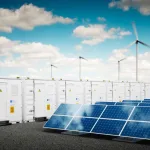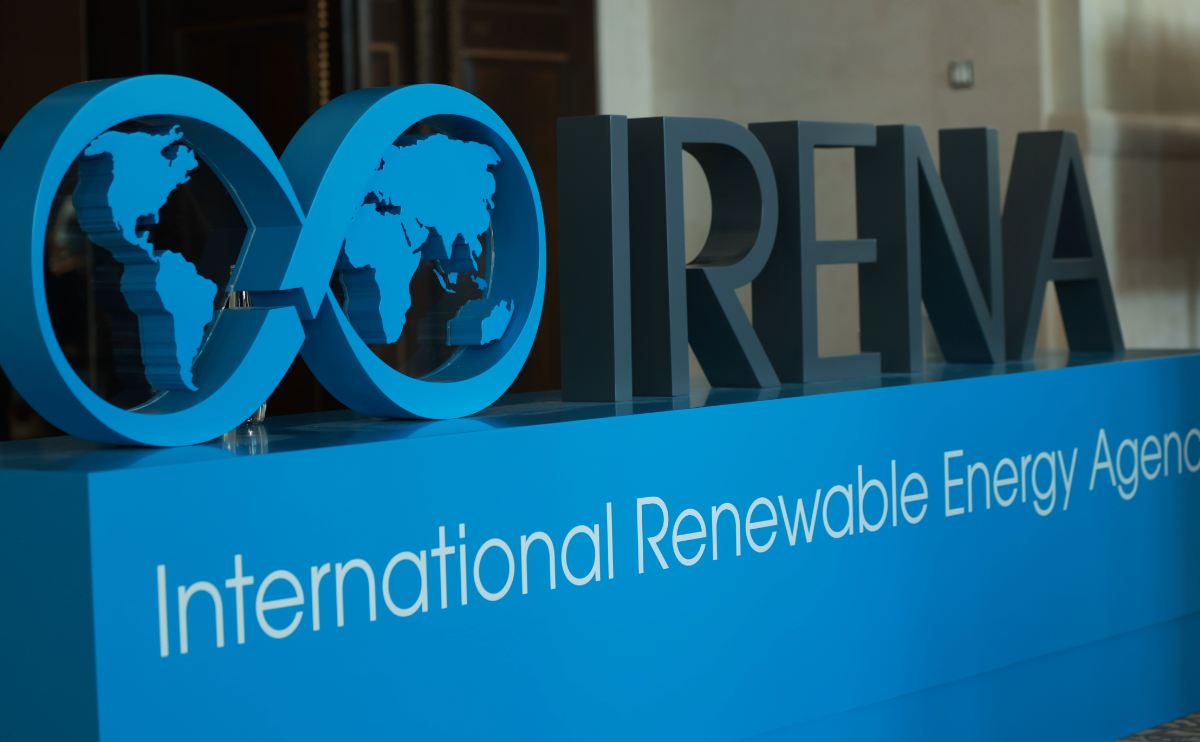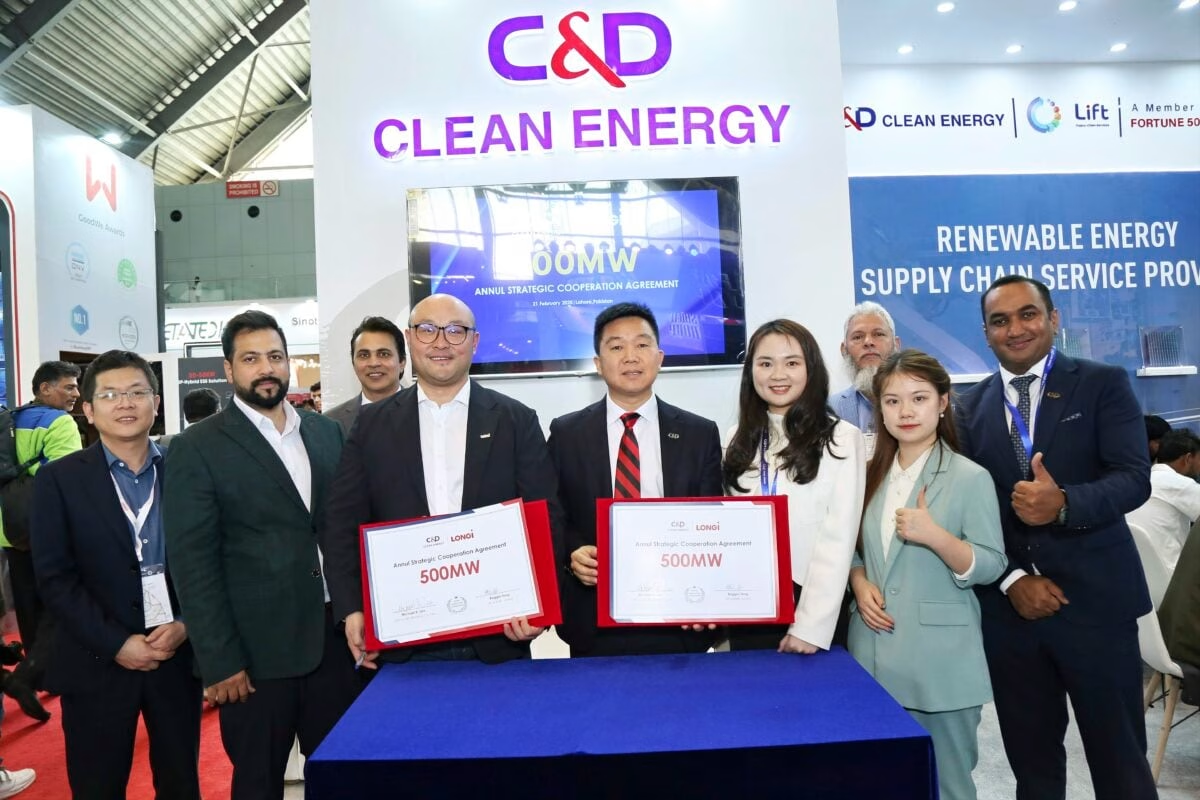
U.K.-based Clean Growth Fund leads £2.4M investment in Above solar technology company
June 6, 2024
Reuters Events’ latest whitepaper: Ensuring Energy Supply and Security across Asia-Pacific
June 6, 2024– PV MAG – Oct 26, 2022 EDT (AFRICA)
A recent report titled Pathways for Africa’s Energy Future by the technology group Wärtsilä provides power system modeling for three African countries, Nigeria, South Africa and Mozambique. The report finds that they can leapfrog over developed nations by not relying on conventional fossil fuel-based generation. However, to enable such a massive transformation, a combination of climate finance, effective planning and system reforms are essential.
According to the report, if propped up by necessary infrastructure, replacing coal with renewables, including solar and wind—combined with flexibility from engines and energy storage can generate enough energy to power around 100 million people in Nigeria, South Africa and Mozambique who currently do not have universal energy access. Meanwhile, this is the most effective way to reduce energy costs and improve reliability.
The report’s modeling also demonstrates that 1) Nigeria can cut electricity costs by 74% on its path to net zero by 2060 with 1,200 GW of clean capacity added to its power system; 2) South Africa can realize a 17% reduction in emissions and a cumulative system saving of $26 billion by adding 40 GW of solar PV and wind by 2032; 3) Mozambique can get 5.6 million tonnes of emissions cut between 2022-2032 and save USD 84 million on electricity production with 3 GW of clean capacity by 2032.

Yet all these results will require a total investment of around USD 119 billion over the next decade, which will only be possible if wealthy nations deliver on the promise to provide USD 100 billion annually in climate finance from 2020.
Though challenges surrounding funding and post-COVID climate policies remain, Håkan Agnevall, President and CEO at Wärtsilä, said COP27 (to be hosted in November this year) “is the perfect opportunity to deliver on global climate finance pledges.”
As a global community, we can seize this moment to act and unlock Africa’s renewable potential. That investment must be combined with effective planning and system reforms to increase energy access and create the renewable energy systems of the future.
—added Håkan.
The report also indicates that setting out clear strategies to build well-functioning flexible renewable grids, showcasing the new opportunities and regulatory reforms are necessary to lay the foundations and stimulate the transformation.




